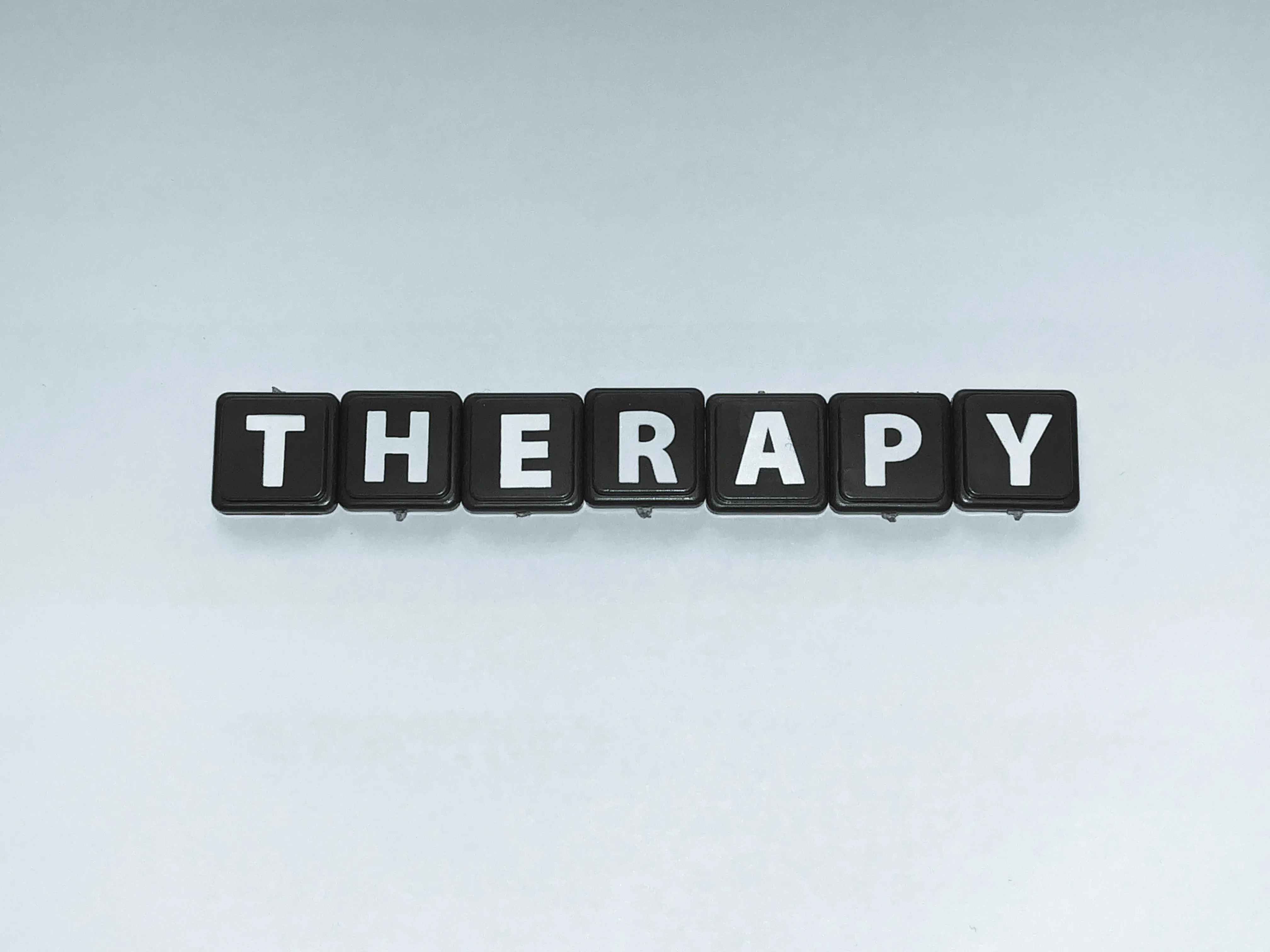Finding a Therapist in Minneapolis: Navigating the Shortage and Seeking Support
When it comes to mental health care, Minnesota stands out as a state that prioritizes the well-being of its residents. Minnesota has an average amount of providers compared to other US states. However, MN still has a shortage of 22% of the population not receiving mental health care (according to the 2022 Mental Health America Report). It’s great that we ranked #5 but there is still a huge need throughout the state.

Understanding the Therapist Shortage in Minneapolis
The shortage of therapists in Minneapolis can be attributed to several factors. First, there is an increasing demand for mental health services as more people recognize the importance of mental well-being. Additionally, the COVID-19 pandemic has exacerbated mental health issues, leading to a surge in the number of individuals seeking therapy. Even after life goes ‘back to normal,’ we continue to see an influx of people seeking mental health help. Despite the state's efforts to increase the number of mental health professionals, the gap between supply and demand remains wide.
Why It's Important to Find the Right Therapist
Given the shortage, finding the right therapist can feel daunting, but it is crucial for your mental health journey. The right therapist can help you navigate life's challenges, manage anxiety, depression, and other mental health conditions, and improve your overall quality of life. When looking for a therapist, it's important to consider factors such as their therapeutic approach, areas of specialization, and their ability to understand and support your unique needs.
Tips for Finding a Therapist in Minnesota
1. Start with Online Directories: Use reputable online directories such as Psychology Today, the American Association of Christian Counselors, or the American Counseling Association to search for therapists in your area. These directories allow you to filter therapists based on location, specialties, and insurance acceptance.
2. Consider Online Therapy: With the rise of telehealth, many therapists now offer online sessions. This can be a convenient and effective option, especially given the current shortage. Online therapy allows you to access care from the comfort of your home, regardless of your location within Minnesota.
3. Check with Your Insurance Provider: Contact your insurance provider for a list of in-network therapists. This can help reduce the cost of therapy and ensure that you find a professional who accepts your insurance.
4. Ask for Recommendations: Reach out to friends, family, or primary care physicians for recommendations. Personal referrals can often lead you to trusted and effective therapists.
5. Explore Community Resources: Many community organizations, non-profits, and religious institutions offer counseling services or can connect you with mental health professionals. These resources can be valuable, especially if you are facing financial constraints.
6. Evaluate the Therapist's Approach: Once you have a list of potential therapists, take the time to research their therapeutic approaches. Common modalities include Cognitive Behavioral Therapy (CBT), Acceptance and Commitment Therapy (ACT), Dialectical Behavior Therapy (DBT), and the Gottman Method for relationship counseling. Choose a therapist whose approach resonates with you and your goals.
What about other options like finding a Life Coach?
Benefits of Life Coaching Over Therapy
- Goal-Oriented:
- Life coaching focuses on setting and achieving specific personal or professional goals.
- Benefits: Ideal for those looking to enhance performance, achieve personal milestones, or make significant life changes.
- Future-Focused:
- Life coaching emphasizes future possibilities and action plans.
- Benefits: Helps clients develop a clear vision and actionable steps toward their desired future.
- Flexible Structure:
- Life coaching can be less formal and more flexible in structure compared to therapy.
- Benefits: Can be tailored to fit the client's schedule and preferred method of communication (e.g., phone, video chat).
- Personal and Professional Development:
- Life coaches often specialize in areas such as career growth, leadership, and personal development.
- Benefits: Provides targeted support for achieving specific aspirations.
Benefits of Therapy Over Life Coaching
- Mental Health Expertise:
- Therapists are trained to diagnose and treat mental health conditions.
- Benefits: Essential for individuals dealing with issues such as anxiety, depression, trauma, or other mental health disorders.
- Deep Emotional Work:
- Therapy often involves exploring past experiences and emotional patterns.
- Benefits: Helps clients understand and resolve underlying issues affecting their mental health and well-being.
- Licensed Professionals:
- Therapists are licensed and regulated, ensuring a high standard of care.
- Benefits: Provides assurance of professional qualifications and adherence to ethical standards.
- Evidence-Based Treatments:
- Therapists use evidence-based therapeutic techniques such as CBT, ACT, and DBT.
- Benefits: These methods are scientifically validated and effective in treating various mental health conditions.
Making the Most of Your Therapy Journey
Finding a therapist is just the first step. To make the most of your therapy experience, it’s important to be open, honest, and engaged in the process. Therapy is a collaborative effort, and your active participation will enhance the outcomes.
Conclusion
While there aren't enough therapists in Minneapolis and Greater MN finding one isn't insurmountable. By utilizing available resources and being proactive in your search, you can find a therapist who meets your needs and supports your mental health journey. Remember, seeking help is a courageous step toward a healthier and more fulfilling life.
If you're struggling to find a therapist or need additional guidance, don’t hesitate to reach out to mental health organizations and hotlines for support. Your well-being is worth the effort.
About the Author
Diane Cerven, LPCC, is a licensed therapist specializing in anxiety disorders, including Generalized Anxiety Disorder. With 20 years of experience, Diane is dedicated to helping individuals understand and manage their anxiety through evidence-based therapeutic approaches. To learn more or schedule an appointment, visit unlockingbeauty.com
